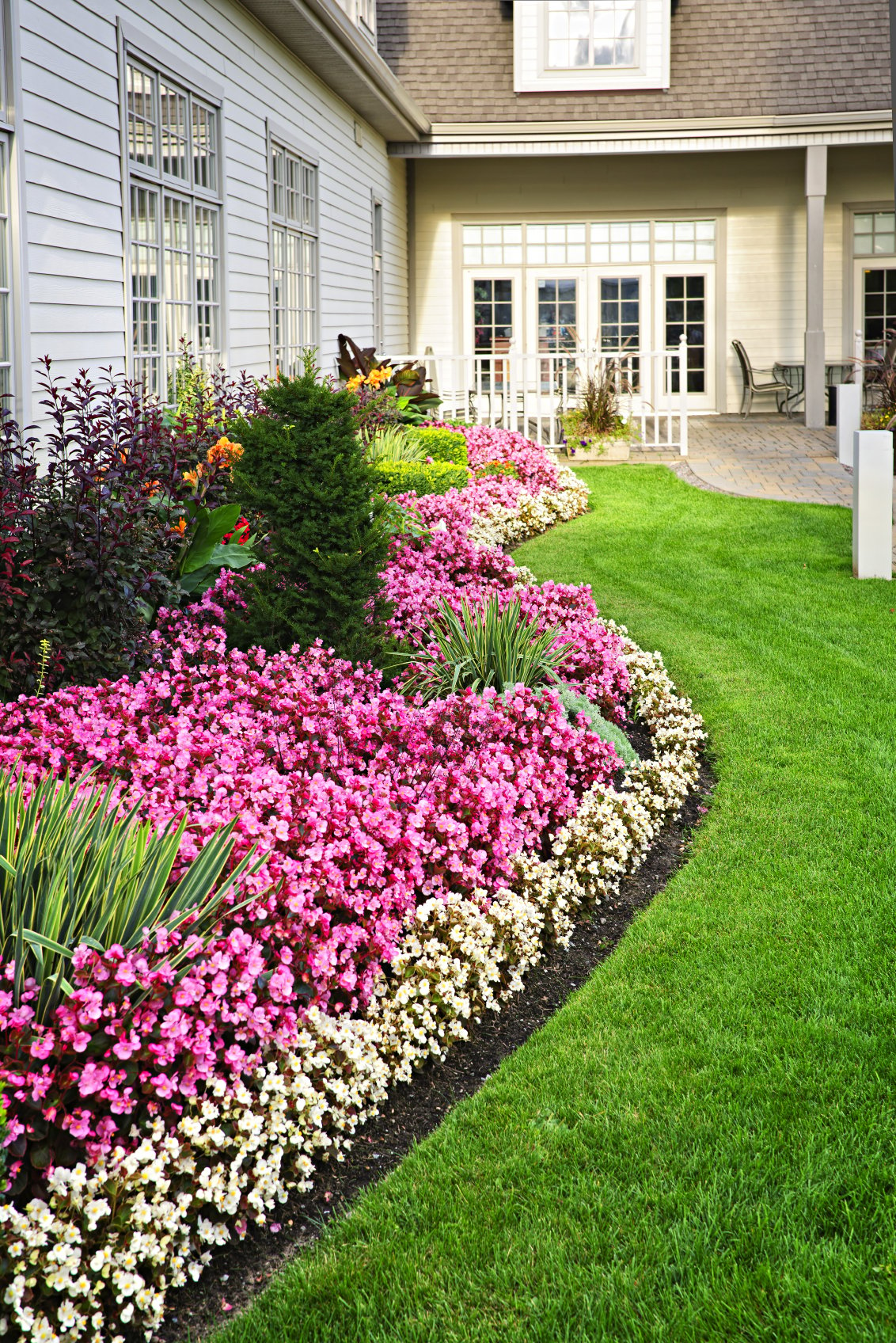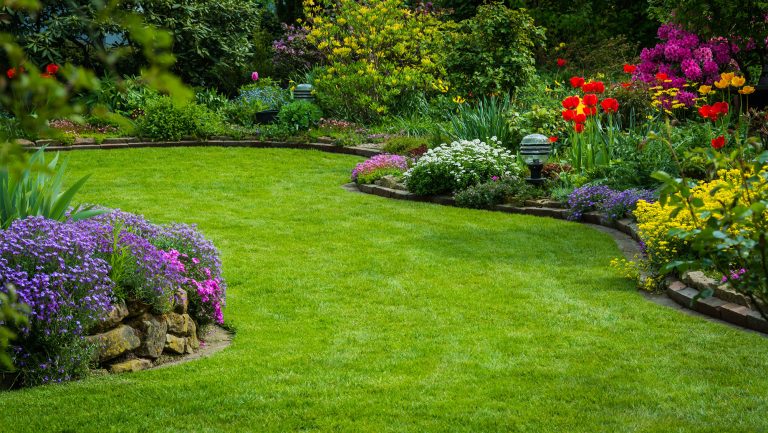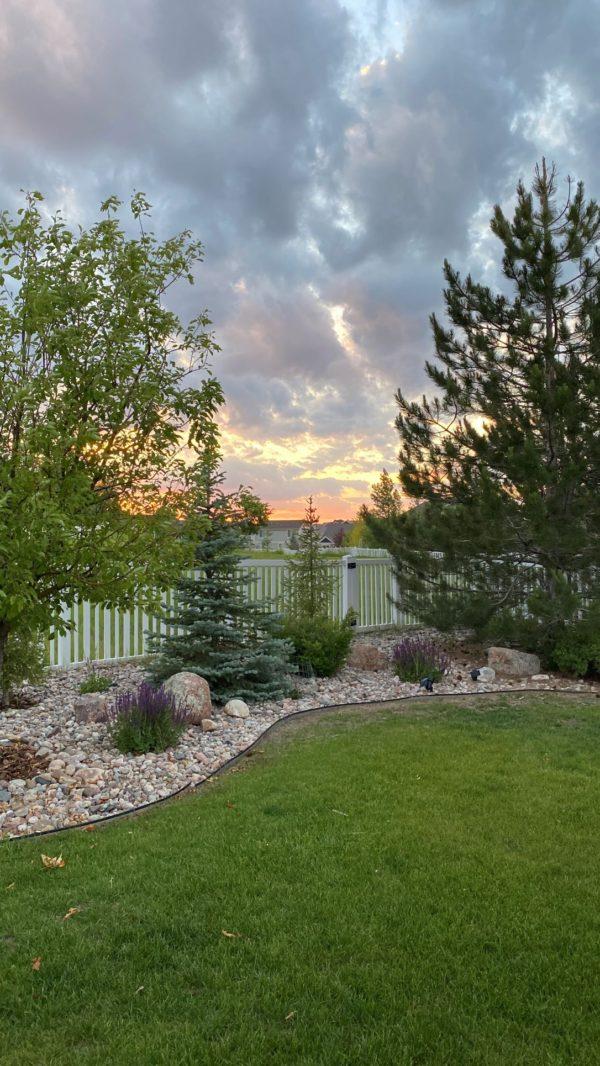The Best Strategy To Use For Landscaping
The Best Strategy To Use For Landscaping
Blog Article
Landscaping Services Near Me: Producing Outdoor Spaces Includes Arranging Plants, Pathways, And Functions To Improve Natural Charm And Performance
Tracing the Roots of Landscape Style
Have you ever roamed through a garden and felt transported to another period? Landscape design isn't practically planting flowers; it's a story engraved into the earth, formed over centuries by culture, environment, and creativity. From the official gardens of Renaissance Europe to the wild, naturalistic settings preferred by the English Romantic motion, the advancement of landscape style reveals humankind's moving relationship with nature.
The Ancient Foundations
Long before modern-day tools and digital strategies, early civilizations crafted landscapes with symbolic intent. The hanging gardens of Babylon, typically hailed as a wonder of the ancient world, integrated engineering marvel with lavish plant to develop a sanctuary in the desert (Backyard Design). The Japanese zen gardens echo simplicity and meditation, proving that landscape design can be both useful and profound
Key Turning Points in Landscape Design History
| Period | Characteristic | Noteworthy Impact |
|---|---|---|
| Ancient | Importance and energy | Egyptian and Babylonian gardens |
| Renaissance | Balance and order | Italian official gardens |
| 18th Century | Naturalistic, pastoral landscapes | English landscape gardens |
| Modern | Ecological level of sensitivity and development | Contemporary sustainable design |
Why Does This Matter Today?
Isn't it remarkable how the concepts of landscape design from centuries ago still influence our backyards and parks? When creating an area now, comprehending its historic context enriches the procedure. Integrating aspects of proportion from the Renaissance can bring balance, while welcoming organic kinds lines up with today's eco-friendly top priorities.
- Historical knowledge notifies product choices and plant selection.
- Traditional designs can blend with modern sustainability practices.
- Designs evoke psychological responses by tapping into cultural memory.
Show on a garden you like-- does it whisper stories of previous style motions or boldly state brand-new concepts? Landscape design is a living discussion between history and innovation, where every path and plant tells a tale.
Unraveling the Principles That Shape a Landscape
Ever wondered why some gardens appear to whisper secrets while others shout chaos? The response depends on the concepts of landscape design. Balance, rhythm, and unity are more than just elegant copyright; they are the undetectable threads weaving a tapestry that pleases the eye and soothes the soul.
Balance isn't simply about proportion. Think of an enormous oak tree on one side and a cluster of fragile flowers on the other-- visual weight matters, not similar shapes. It's like a conversation where both voices are heard without subduing one another.
Aspects That Bring Life to Your Outdoor Canvas
- Line: Guides the observer's eye, whether through a winding path or a row of hedges.
- Form: Shapes that produce structure; think about the contrast in between round shrubs and angular rocks.
- Texture: The roughness of bark against smooth leaves adds depth and intrigue.
- Color: Plays with state of mind-- cool blues soothe, while intense reds stimulate.
- Area: The breathing space that prevents overcrowding and mayhem.
Expert Tips on Harmonizing These Aspects
- Start by sketching your area, marking existing features-- don't ignore the power of a simple drawing.
- Usage repeating of shapes or colors to create rhythm, but avoid monotony by presenting unanticipated centerpieces.
- Think about the seasons; what looks spectacular in spring might vanish by autumn-- evergreens can anchor your style year-round.
In my early projects, ignoring scale resulted in a garden dwarfed by towering trees, leaving no space for underplanting. Lesson learned: always measure and visualize in three measurements. Does your style invite exploration or confusion? Mastering these landscape design elements transforms areas from mere plots of land into immersive experiences.
Checking out the Diversity of Landscape Style Styles
Why go for a cookie-cutter garden when the world of landscape design provides a spectrum of designs that can change a simple backyard into a living work of art? From the structured sophistication of formal gardens to the wild, untamed charm of naturalistic styles, each type invites a distinct story to unfold. Ever noticed how a Japanese garden whispers serenity while a Mediterranean yard yells lively life?
Popular Styles & & Their Signature Aspects

- Formal: Proportion reigns here, with clipped hedges and geometric patterns assisting the eye.
- Casual: Free-flowing lines and natural plant groupings imitate nature's randomness, making space feel unwinded and inviting.
- Contemporary: Minimalist and sleek, this style mixes hardscapes like concrete and steel with thoroughly chosen greenery.
- Rustic: Think rough textures, native plants, and recovered products that echo countryside appeal.
- Tropical: Strong foliage and dynamic blossoms produce an immersive, lush atmosphere best for warm environments.
Insider Tips for Choosing the Right Style
One trick frequently neglected: soil and environment dictate what flourishes, not just aesthetics. Don't let the urge for unique plants undermine your style. Rather, embrace native types that require less water and care, aligning sustainability with style. Ever tried layering textures and heights to produce depth? A simple technique like planting ornamental turfs behind much shorter perennials can breathe life into flat landscapes.
Table: Style Characteristics vs. Practical Considerations
| Style | Maintenance Level | Best For | Key Products |
|---|---|---|---|
| Formal | High | Traditional homes, public gardens | Boxwood, stone, gravel |
| Casual | Moderate | Family yards, natural settings | Native plants, mulch, wood |
| Contemporary | Low to moderate | Urban areas, contemporary homes | Concrete, metal, succulents |
| Rustic | Low | Rural properties, cabins | Natural stone, wildflowers |
Ever battled with imagining how a design might suit your area? Sketching or digital modeling can reveal nuances hidden by the naked eye. Keep in mind, a cohesive landscape design isn't merely about plants; it's about producing an environment that feels like an extension of your own personality.

Precision Fulfills Creativity: Tools That Forming the Landscape
Ever attempted sculpting a masterpiece with blunt instruments? That's how landscape design feels without the right toolkit. From the modest measuring tape to sophisticated digital software application, the arsenal of tools straight affects the last aesthetic and performance of any task. A laser level can be a video game changer when you need to guarantee best grade and drainage-- something every landscape designer consumes over however few clients notice.
Vital Instruments for Every Landscape Designer
- Measuring tapes and stakes for precise spacing and design
- Soil test packages to analyze pH and nutrient levels, diving much deeper than just "great dirt"
- Sketching tools: pencils and chart paper for early conceptualization
- Digital design software application that replicates sunshine and shadow patterns over seasons
- Pruning shears and hand saws, indispensable for shaping living elements
Methods That Turn Soil into Stories
Do you know why contouring a garden bed matters beyond aesthetics? It manages water runoff, reducing disintegration and protecting root systems. It's a subtle art of balancing nature's impulses with human intention. When laying out paths, consider the natural walking patterns-- forcing stiff, straight lines typically backfires, both aesthetically and functionally.
One lesser-known technique is using xeriscaping methods to produce drought-resistant landscapes. It's not almost saving water; it's about weaving a durable tapestry that loves very little intervention. Include native plants and read more layer textures to build depth and year-round interest.
| Method | Function | Specialist Idea |
|---|---|---|
| Terracing | Handle sloped land to avoid soil erosion | Use maintaining walls with natural stone for durability and aesthetic harmony |
| Mulching | Retain moisture and reduce weeds | Organic mulches improve soil health as they disintegrate |
| Layering | Create visual interest and eco-friendly balance | Integrate groundcovers, shrubs, and trees with staggered heights |

Innovative Outdoor Areas in San Diego County
San Diego County is renowned for its varied landscapes, stretching from beautiful coastal beaches to rugged inland mountains and extensive deserts. Home to over three million citizens, the region uses a lively mix of cultural attractions, outside activities, and natural beauty. Popular destinations consist of Balboa Park, understood for its gardens and museums, and the beautiful Torrey Pines State Natural Reserve. The mild, Mediterranean environment supports a wide array of plant life, making it a perfect area for ingenious and sustainable landscape design.
They encourage you to connect to California Landscape Development for a totally free consultation and expert recommendations on landscape design, helping you change your outside area into a spectacular and practical space.
Report this page